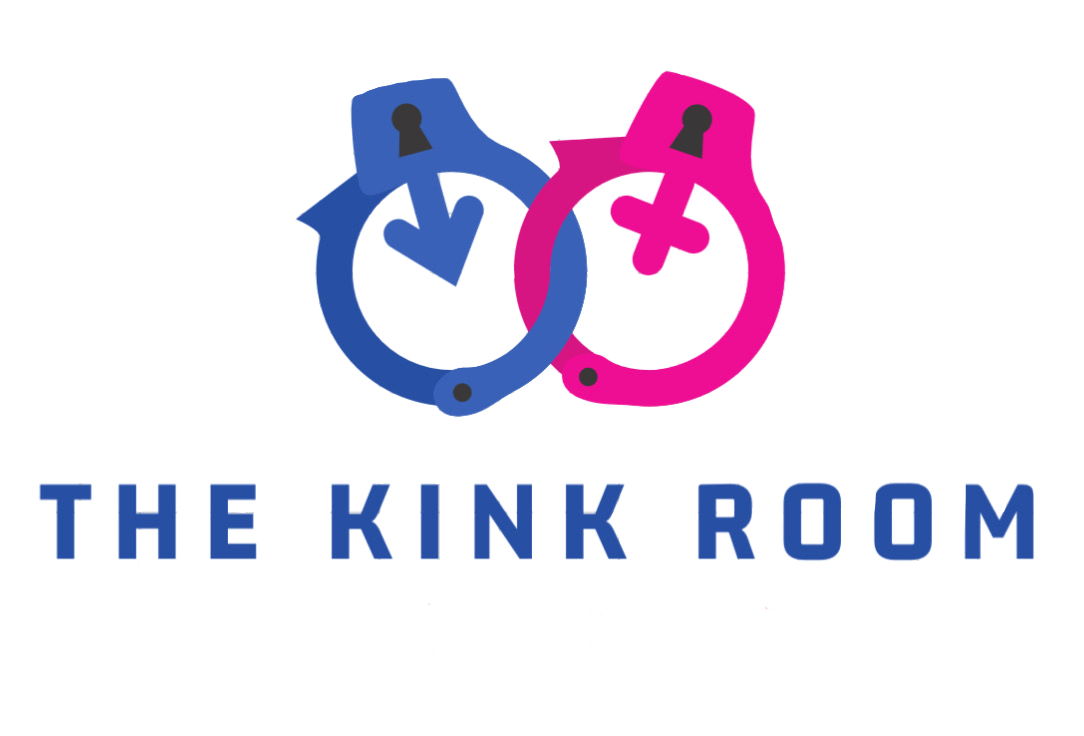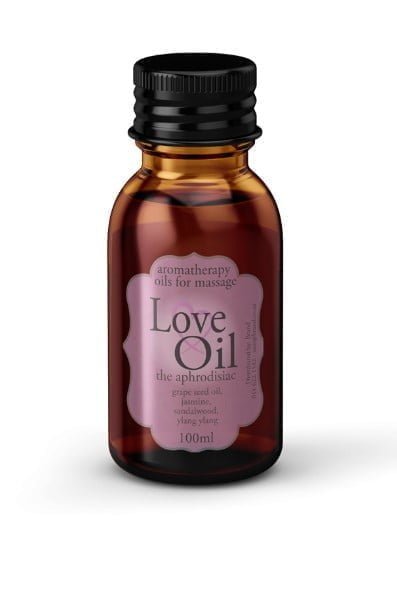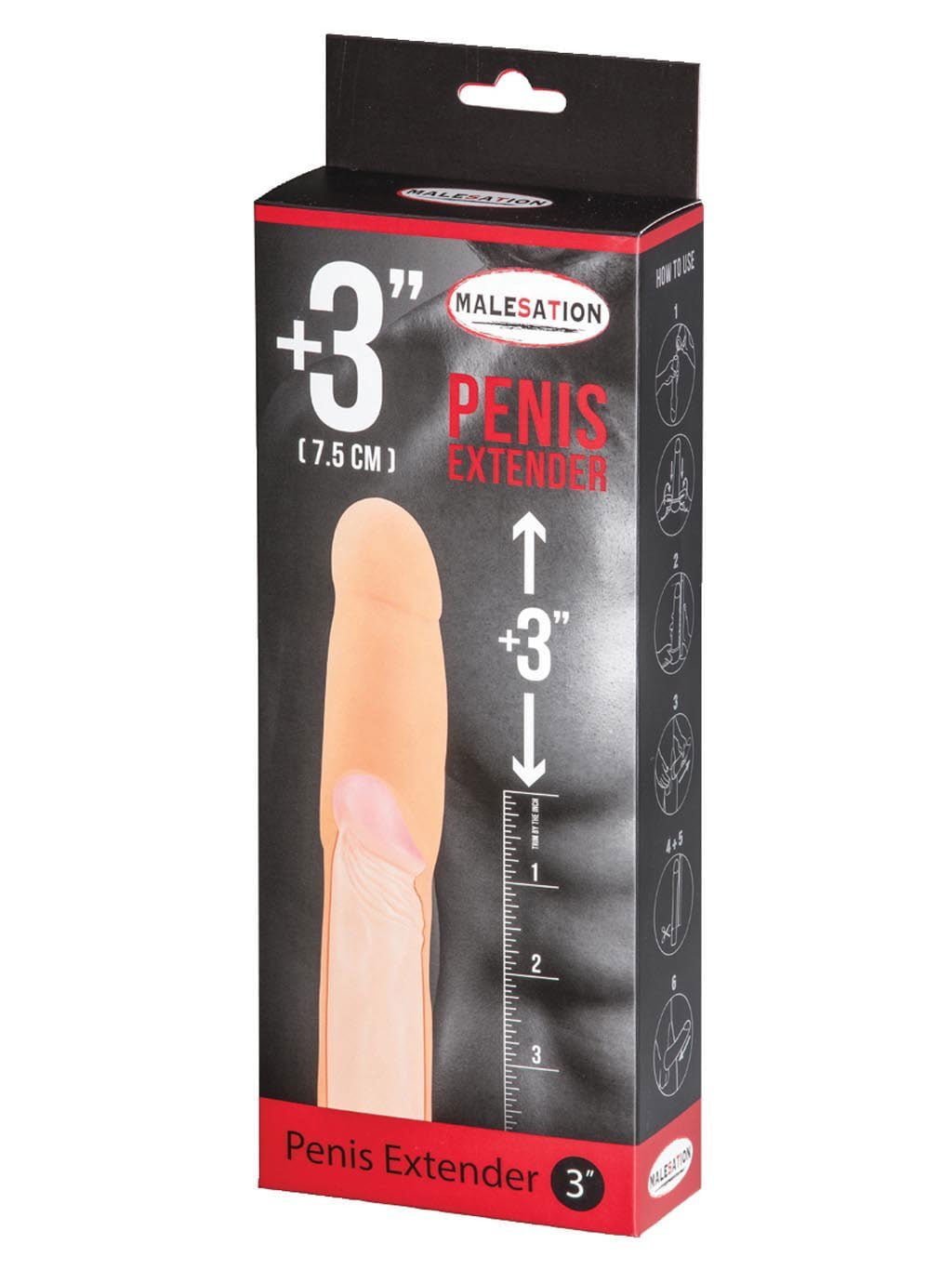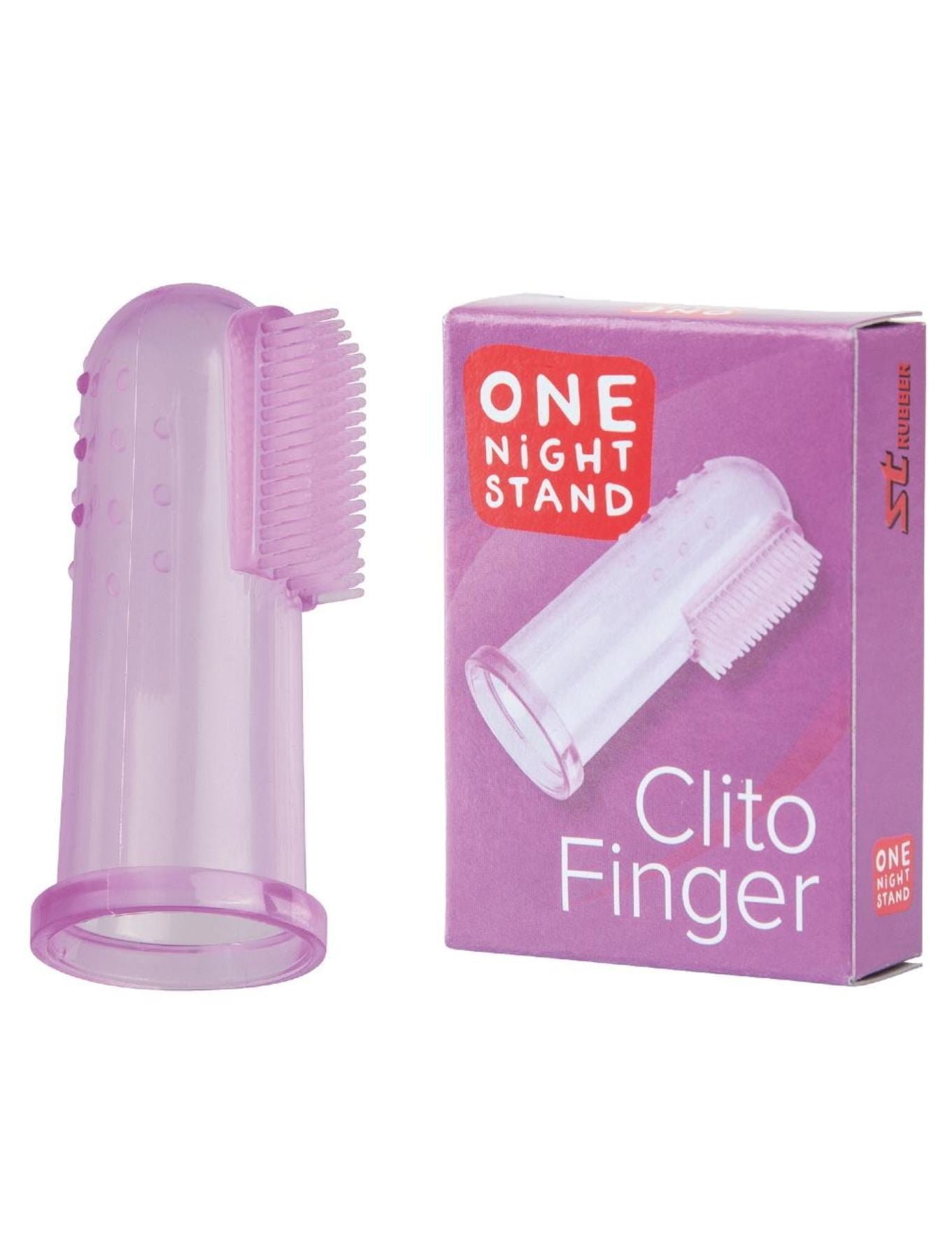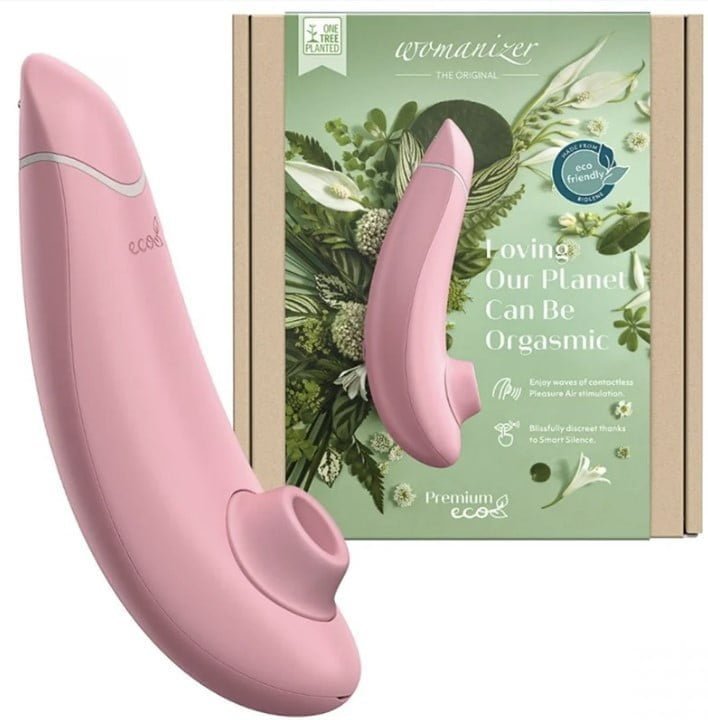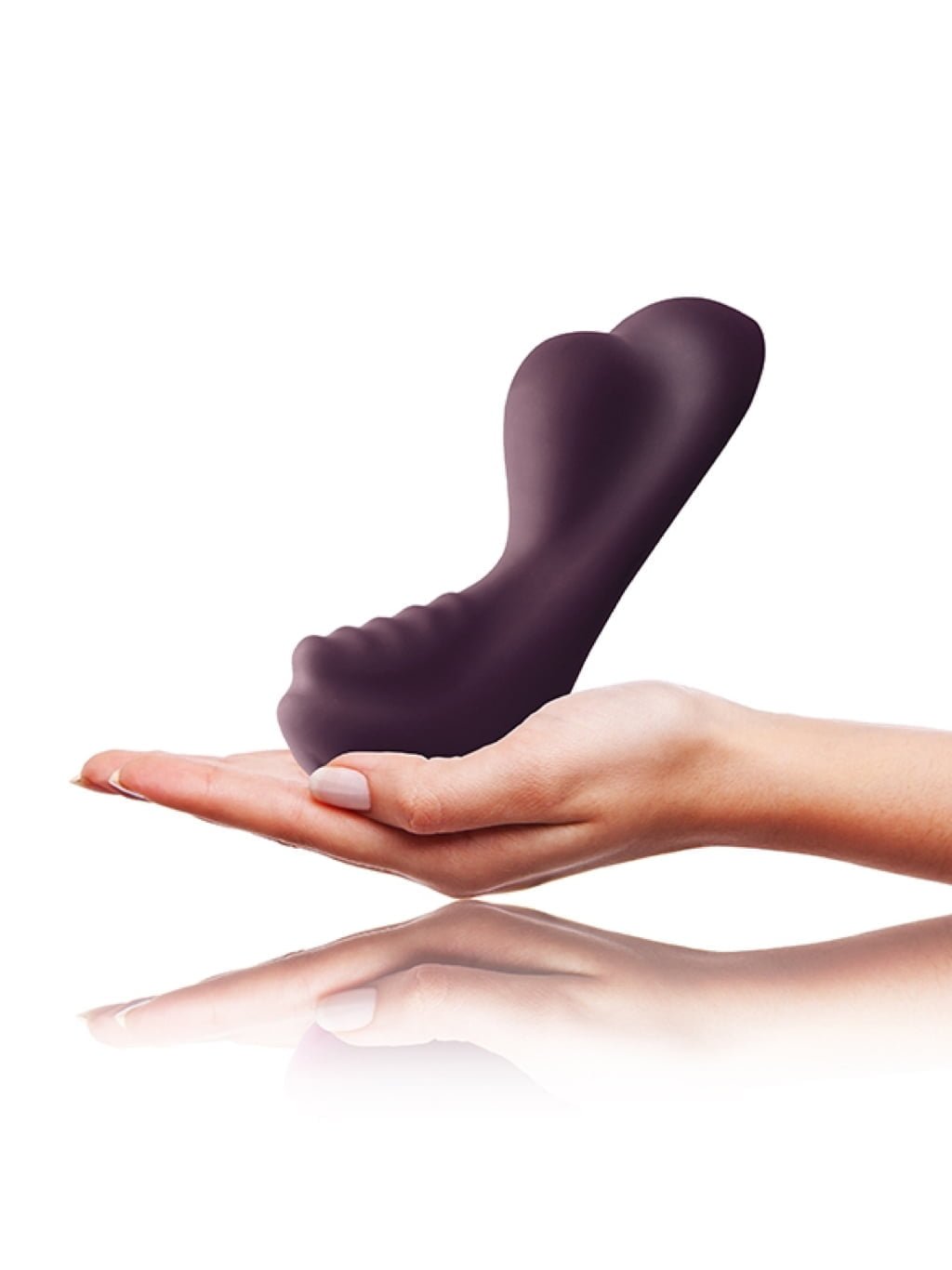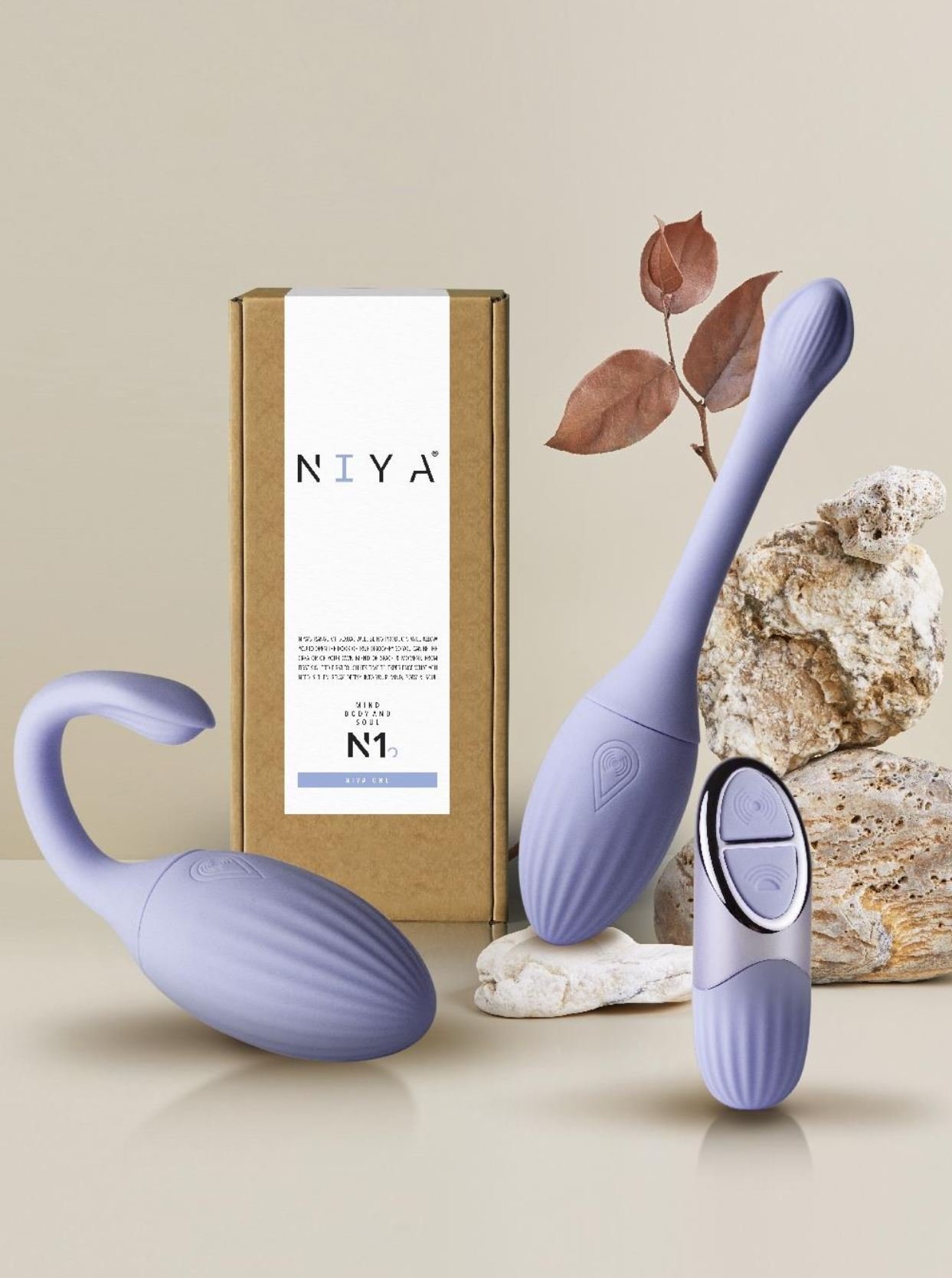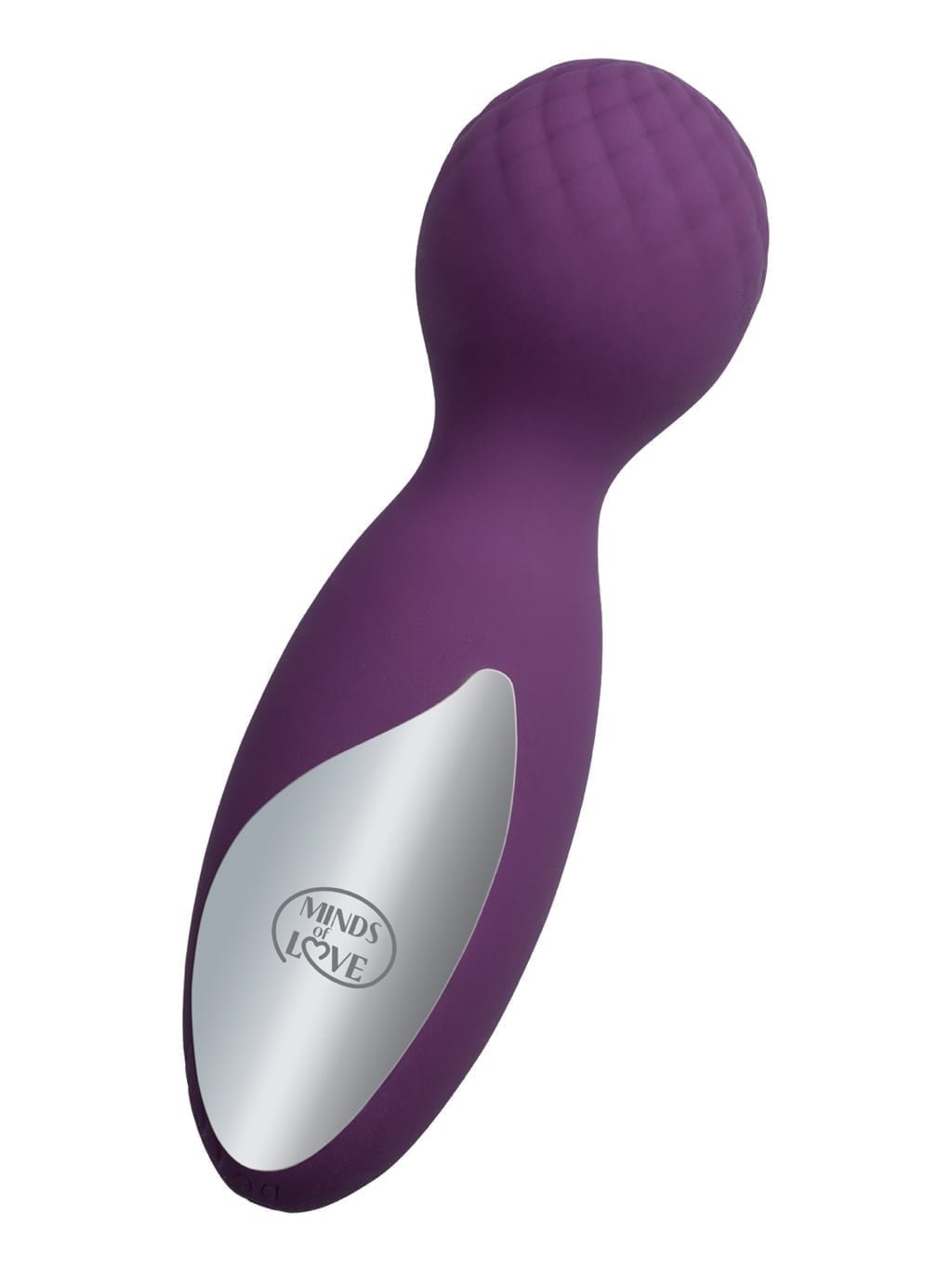Sexual Wellness: The Importance of Self-Care and Pleasure
In today’s fast-paced world, we often forget to prioritize our own well-being, including our sexual wellness. But taking care of ourselves in this area is just as important as any other aspect of our health. Sexual self-care goes beyond the act of physical intimacy – it encompasses our overall well-being and pleasure.
At KinkRoom, we believe in the importance of sexual wellness and the power it holds to enhance our lives. That’s why we have crafted this informative article to shed light on the significance of self-care and pleasure in sexual wellness.
Understanding sexual wellness
Sexual wellness refers to the state of overall well-being in the sexual aspect of our lives. It involves maintaining a healthy and positive relationship with ourselves and our partners, as well as embracing our sexuality in a way that promotes pleasure, satisfaction, and emotional well-being. Sexual wellness encompasses not only the physical act of sex but also the mental, emotional, and social aspects of our sexual lives.
To achieve sexual wellness, it’s crucial to prioritize self-care and pleasure. This means taking the time to understand our own desires, boundaries, and needs, and ensuring that they are met in a way that is consensual, respectful, and fulfilling. By doing so, we can cultivate a healthy and positive sexual relationship with ourselves, leading to a more satisfying and gratifying sexual experience overall.
The importance of self-care in sexual wellness
Self-care plays a vital role in our overall sexual health and well-being. It involves actively taking steps to nurture and prioritize our own sexual needs and desires. By engaging in self-care practices, we can improve our mental and emotional state, manage stress levels, and enhance our overall satisfaction and pleasure in our sexual lives.
One important aspect of self-care in sexual wellness is understanding and respecting our own boundaries. This means recognizing what feels comfortable and pleasurable for us and communicating it to our partners. Setting boundaries allows us to maintain control over our own bodies and experiences, ensuring that our sexual encounters align with our desires and values.
Additionally, self-care involves exploring and understanding our own bodies. This can include self-pleasure, also known as masturbation, which is a healthy and natural way to explore our own desires and preferences. By taking the time to discover what brings us pleasure, we can communicate our needs to our partners and establish a more fulfilling sexual relationship.
Common misconceptions about sexual wellness
There are several common misconceptions surrounding sexual wellness that can hinder our ability to prioritize self-care and pleasure. One misconception is that sexual wellness is solely focused on physical pleasure or the act of sex. While physical pleasure is indeed an important aspect, sexual wellness encompasses a much broader spectrum, including emotional and mental well-being.
Another misconception is that sexual wellness is only relevant for individuals in romantic relationships. However, sexual wellness is important for everyone, regardless of their relationship status. It is about nurturing our own desires and pleasure, even when we are not engaged in sexual activity with a partner.
It’s also important to dispel the notion that self-pleasure is shameful or taboo. Engaging in self-pleasure is a natural and healthy way to explore our own bodies and desires. It can enhance our understanding of what brings us pleasure and increase our overall satisfaction in our sexual experiences.
Self-care practices for sexual wellness
Engaging in self-care practices can greatly contribute to our sexual wellness. Here are some practices to incorporate into your routine:
Prioritize relaxation and stress management:
Stress can negatively impact our sexual well-being. Taking time for relaxation and stress management activities, such as meditation, deep breathing exercises, or engaging in hobbies we enjoy, can help reduce stress and create a more positive environment for sexual exploration.
Communicate your desires and boundaries:
Open and honest communication is key to sexual wellness. Take the time to communicate your desires, boundaries, and preferences with your partner(s). This will help establish a safe and consensual space for sexual exploration.
Engage in self-pleasure:
Self-pleasure is a powerful tool for sexual wellness. Take the time to explore your own body and discover what brings you pleasure. This knowledge can enhance your sexual experiences with a partner and promote a healthier relationship with your own sexuality.
Invest in sexual wellness products:
There are numerous adult products available that can enhance our sexual experiences and promote self-care. From lubricants to vibrators, these products can provide new sensations and increase pleasure.
Educate yourself:
Knowledge is power when it comes to sexual wellness. Take the time to educate yourself about sexual health, consent, and different forms of pleasure. This will empower you to make informed decisions and prioritize your own well-being.
Exploring different forms of pleasure
Pleasure can take many forms beyond the physical act of sex. It’s important to explore and embrace the different ways we can experience pleasure in our lives. This can include engaging in activities such as sensual massages, practicing mindfulness during intimate moments, or trying new experiences that promote pleasure and fulfillment.
Emotional and mental pleasure are also crucial components of sexual wellness. Taking the time to nurture our emotional well-being, engage in self-reflection, and prioritize our mental health can greatly enhance our overall satisfaction and pleasure in our sexual lives.
Resources for sexual wellness education and support
It’s essential to have access to resources that can provide education and support in sexual wellness. Here are some recommended resources:
- Sexual health clinics: Local sexual health clinics can provide information, testing, and counseling services related to sexual wellness.
- Therapy and counseling: Seeking the guidance of a trained therapist or counselor can be beneficial for addressing any emotional or psychological concerns related to sexual wellness.
- Books and online resources: There are numerous books and online platforms that provide information and education on sexual wellness. Look for reputable sources that offer evidence-based information and promote healthy attitudes towards sexuality.
- Support groups: Joining a support group or community of individuals who share similar experiences or concerns can provide a safe space for discussing sexual wellness and seeking support.
Final Thoughts
Prioritizing self-care and pleasure in sexual wellness is a powerful way to enhance our overall well-being and satisfaction in our sexual lives. By understanding our own desires, setting boundaries, and engaging in self-pleasure, we can cultivate a healthy and positive sexual relationship with ourselves. Remember, sexual wellness is multi-faceted and encompasses our emotional, mental, and physical well-being. Let’s embrace the importance of self-care and pleasure on our journey to leading a more satisfying and meaningful life.
